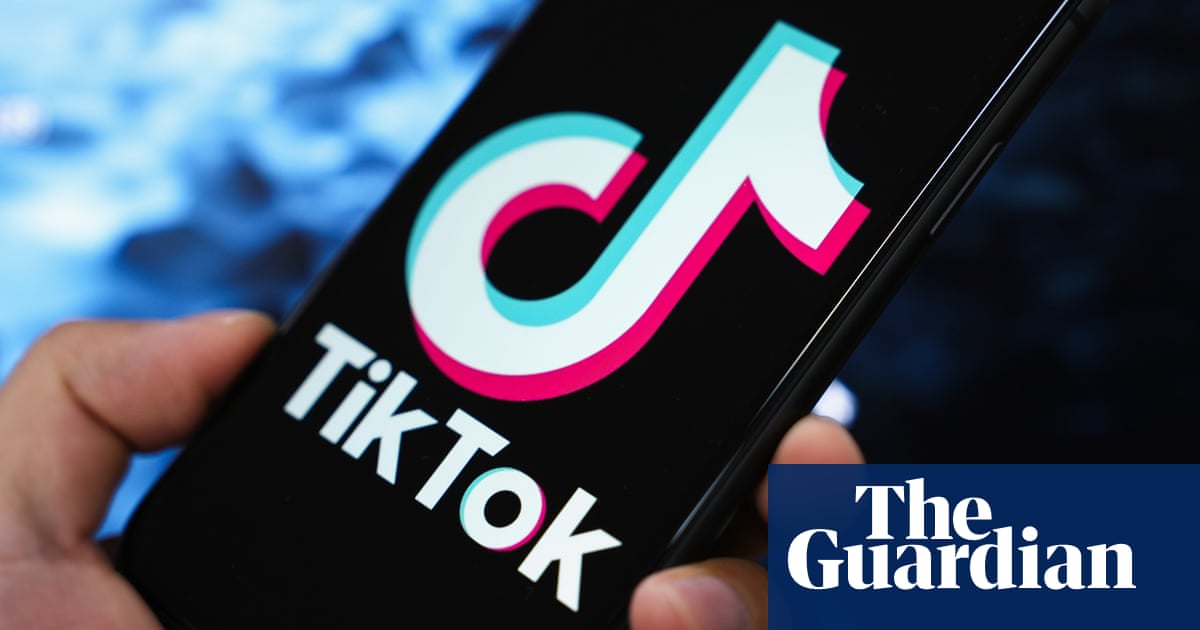The French government is seeking to take action against aTikTokgroup promoting extreme thinness among young women and girls.
France’s minister for digital media, Clara Chappaz, has reported #SkinnyTok to the country’s audiovisual and digital watchdog and the EU over concerns that the trend is body-shaming victims into anorexia and that algorithms are targeting the most vulnerable.
The hashtag has been associated with more than half a million posts on the app.
“These videos promoting extreme thinness are revolting and absolutely unacceptable,” Chappaz said. “Digital tools are marvellous in terms of progress and freedom, but badly used they can shatter lives … the social networks cannot escape their responsibility.”
Last month, French lawmakers approved the creation of a parliamentary commission to examine the psychological effects of TikTok on children and adolescents.
Martin Ajdari, the president of the regulator Arcom, is due to give evidence to the commission next month.
Arcom said it was aware of the issue “as a public health risk” and was in the process of gathering information about the scale of the problem and to establish “what resources TikTok has put in place in response”.
The EU’s Digital Services Act requires internet platforms to “put in place measures to mitigate the risks and to protect minors”.
In 2015, French MPs voted to make encouraging anorexia punishable by up to a one-year prison sentence and €10,000 fine.
Charlyne Buigues, a nurse specialising in teenage eating disorders, has createda petitionalerting of the dangers of #SkinnyTok and similar social media trends. She wrote: “I am confronted with the devastating effect certain images and or messages carried by social media such as those on #skinnytok can have on the mental and physical health of our young people.
“These videos, often seen by adolescents, promote unrealistic body norms and encourage dangerous eating habits such as restrictive diets, excessive exercise or starvation behaviour.”
On TikTok, a #SkinnyTok search brings up dozens of videos encouraging young women and girls to restrict their eating. “If you cannot control what you put in your mouth, what can you control?” reads one. Another says: “Skinny, but not skinny enough.”
Up to 40,000 people in France are believed to suffer from anorexia nervosa, 90% of them adolescents. It is the deadliest psychiatric illness in the country.
TikTok said it had deleted a number of posts and had strict rules against online body shaming “and dangerous behaviour linked to weight loss”. It added: “Content that idealises certain body types is subject to an age restriction.”
The company said it had added to posts a message with information on where to find help for eating disorders.
